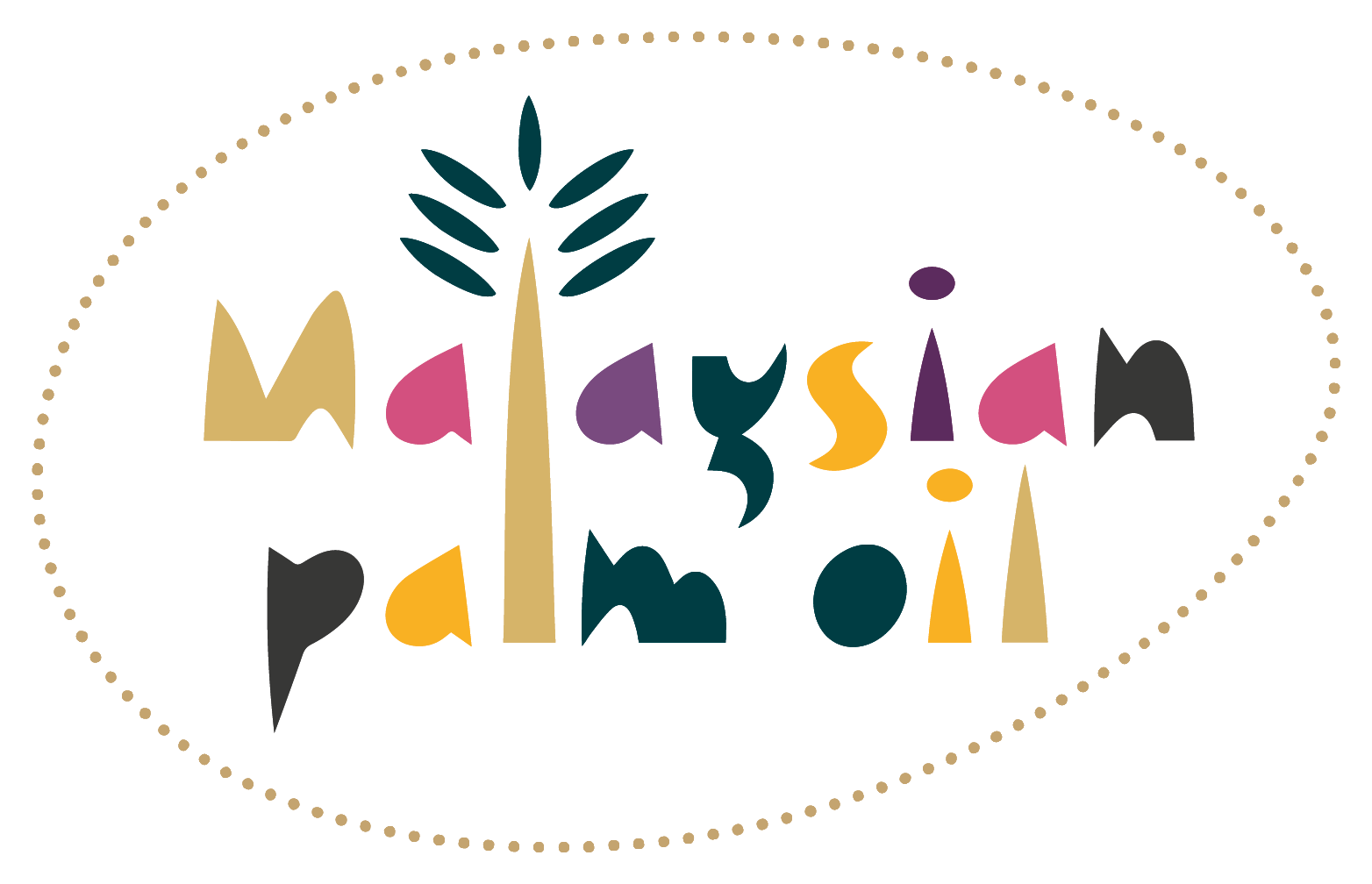A scientifically-accurate description of the link between palm oil and trans fats could be summarised with two simple facts:
- Trans Fats are uniquely harmful to human health
- Palm oil contains zero trans fats
These facts are universally accepted and supported by research, analyses and dietary advice issued by everyone from the World Health Organization, United Nations, European Union, and scientific and academic institutions the world over.
And yet, sometimes a lie will not die. Whispers persist that palm oil is somehow linked to trans fat (which has never been true, and remains untrue today).
A short and simple walk through the scientific data is all that is needed to expose this falsehood.
Trans fats are a proven danger to human health. Research by leading international institutions â including the Institut National de la Sante et de la Recherche Medicale in France â shows that trans fats are linked to development of breast cancer. The US Food and Drug Administration (US FDA) has declared that trans fats are no longer âgenerally recognized as safeâ and they are withdrawn from foodstuffs in the USA. The European Union has imposed strict limits, following opinions from the European Commission and European Parliament, warning that âhigh consumption of trans fats significantly increases the risk of coronary heart disease (CHD)â.
To summarise: not only is palm oil 100% free of trans fats â it is helping to remove trans fats from the world by acting as a healthier replacement.
How does this work?
Trans fats are found in partially hydrogenated vegetable oils (PHOs): this process of partial hydrogenation takes place in order to transform a liquid oil (such as rapeseed or sunflower) into a solid fat by adding hydrogen. In the process, trans fatty acids (trans fats) are created. These trans fats increase the risk of cardiovascular disease and have also been linked to the development of cancer. Trans fats increase bad cholesterol (LDL cholesterol) and decrease levels of good cholesterol (HDL cholesterol).
Now that trans fats, and therefore PHOs, are being banned or phased out, a solution is needed. Solid fat is still required for multiple food uses â including cakes, pastry, biscuits and other household items Palm oil provides the ideal solution. It is a solid fat â as a result it is never partially hydrogenated, and so it never contains trans fats. This is the primary reason why the food sector in Europe and the United States has increasingly turned to palm oil to replace partially hydrogenated oils and other sources of trans fats.
What, then, about palm oil itself? In a comprehensive literature review on the subject, Drs Elena Fattore and Roberto Fanelli of the Mario Negri Institute for Pharmacological Research in Milan have pointed out that the majority of scientific studies âdo not seem to support a detrimental role of palmitic acid in relation to cardiovascular diseaseâ. The scientists also concluded that the effect of palmitic acid on the HDL/LDL cholesterol ratio is neutral.
A separate review conducted for the World Journal of Cardiology found that palm oil and olive oil are comparable in their effects on blood cholesterol and lipoproteins.
To anyone familiar with the decades of scientific work on this question, these data are part of the globally-accepted public health norms. Governments all around the world warn about trans fats; many have banned them. Palm oil is widely used as a healthier replacement. It is bizarre that some institutions or individuals continue to push narratives that are so comprehensively disproven.
Medical science does not stand still, of course. The chemical complexities and research questions related to diet and human health are many and varied. On the trans fats issue, though, only two points really matter:
- Trans Fats are uniquely harmful to human health
- Palm oil contains zero trans fats.
It really should be that simple.
